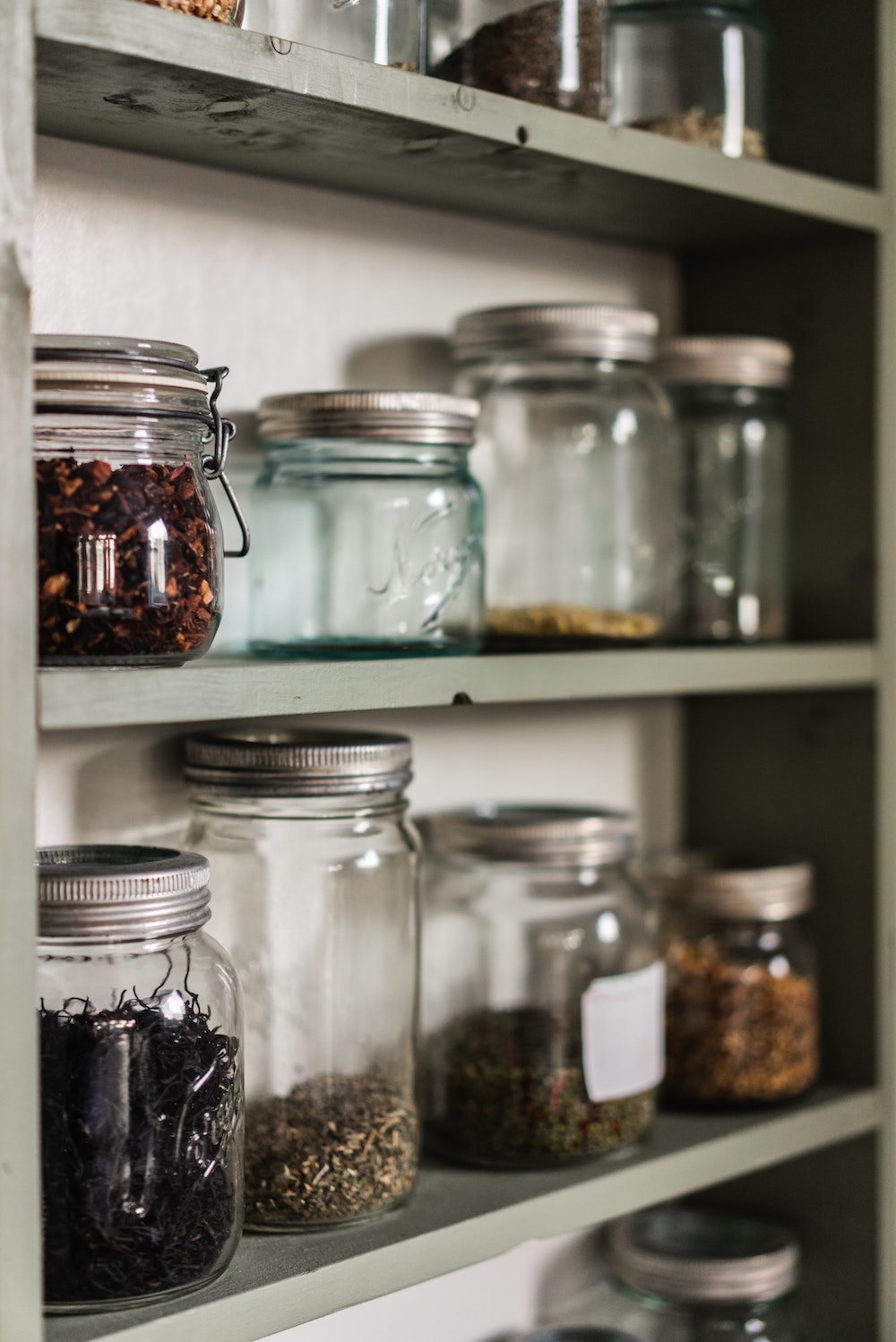
Most of us use herbs and spices in our cooking and drink herbal teas daily.
Adding herbs to our everyday recipes improves our digestion particularly oregano, rosemary (from a fresh plant in the garden) and thyme.
Fresh vegetables are vital for health. You may need to buy salads and greens twice a week to maintain a fresh supply. Organic vegetables not only taste better but they have more nutrients because the soil that they grew in hasn’t been contaminated or depleted.
Most supermarket veg is already tired and depleted of vitamins and minerals due to travel and storage, it’s then refrigerated and kept in plastic. Finding a local supplier or growing your own is an important step towards maintaining health.
“Many of the things we claim to cherish – family relationships, cultural identity, ethnic diversity – were all intimately linked to the making and eating of food and now are changing as we outsource more and more of our food preparation to restaurants and industrial kitchens. Not only do we cook less then we used to, but more of us eat alone – at our desks, in our cars, standing at our kitchen counters.”
Paul Roberts, The End of Food
Essentials for better health
- If you don’t enjoy cooking then learn from a friend who does!
- Take control or have your say over meal plans and the shopping trolley.
- Carve out sufficient time in the day to prepare, eat and digest meals.
- Replace table salt with Himalayan pink salt.
- Replace refined sugar with raw honey.
- Replace all refined flour, pasta and rice with wholegrain versions.
- Eat yoghurt for live bacteria and intestinal health.
- Replace black tea with herbal blends and coffee with roasted chicory.
Useful tools for a busy life
A pressure cooker
Essential in making sure we have enough time to improve our diet, a pressure cooker halves the time in cooking wholegrains such as brown rice as well as chickpeas and beans; it ensures you are eating well-cooked foods to avoid digestive problems.
A steamer
Essential to lightly cook your greens to perfection without losing essential nutrients. You can even cook your quinoa, millet and buckwheat in the water beneath, or poach an egg at the same time.
Grinder or blender
Necessary when trying out any recipes that need ground seeds or nuts, or for whizzing up dates
A good sharp knife
This sounds obvious but it’s essential for enjoyable and speedy food preparation.
Food processors, juicers and spiralizers
These are all great gadgets that help busy people to prepare more vegetables quickly and increase your fibre intake.
A soup vacuum flask
This can make a healthy lunch at work an easy option, just reheat the soup from the evening before
A pestle and mortar or spice grinder
Freshly ground spices are very different in quality from the ready-ground spices we buy. Many of my recipes ask for ground cardamon, and you will enjoy the cooking process more if you make time to grind.
